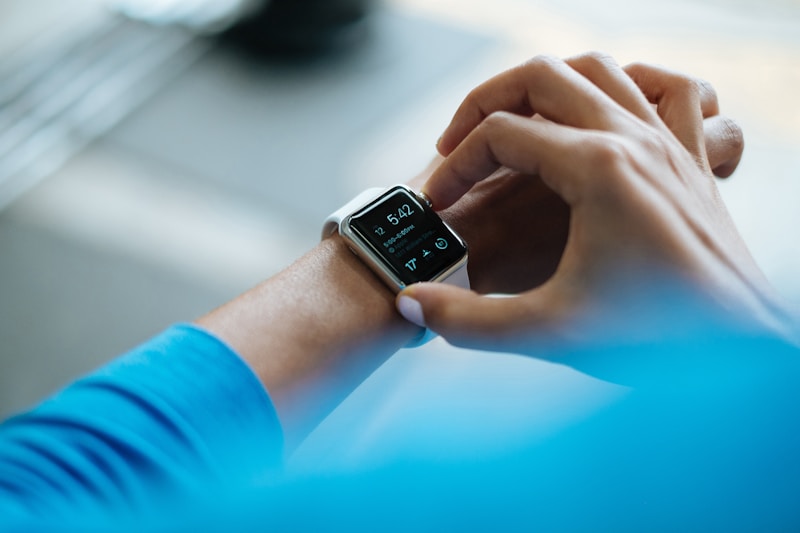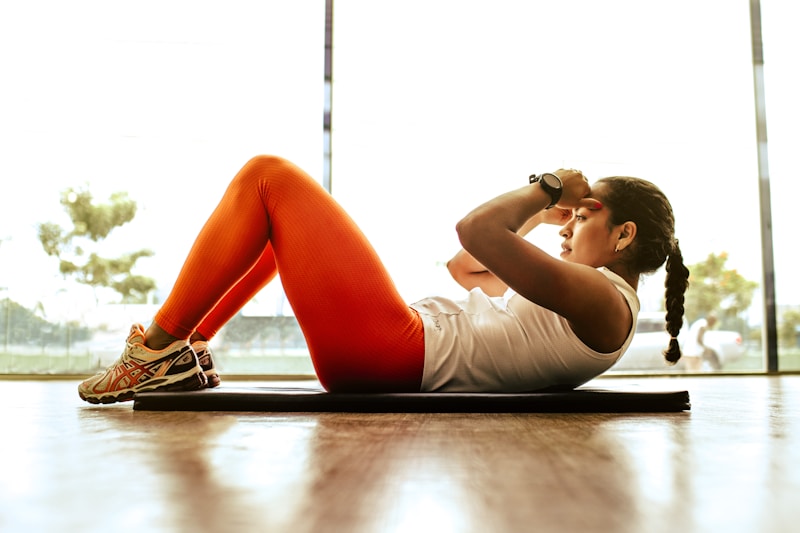This guide covers everything you need to know about combining alcohol with intermittent fasting: when you can drink, what you should drink, and how to minimize the impact on your fasting goals.
Does Alcohol Break Your Fast?

The short answer is yes, alcohol breaks your fast. Alcohol contains calories (7 per gram), and any caloric intake technically ends a fast. Even zero carb spirits like vodka contain roughly 97 calories per standard shot.
However, the more useful question is: how does alcohol affect the specific benefits you are trying to achieve from fasting?
If You Fast for Weight Loss
Intermittent fasting works for weight loss primarily by limiting your eating window, which tends to reduce total calorie intake. Alcohol consumed during your eating window counts toward your daily calories but does not negate the benefits of your fasting period.
Impact: Moderate. Alcohol calories count, but fasting benefits for weight loss are preserved if you drink during your eating window.
If You Fast for Autophagy
Autophagy, the cellular cleanup process that many people fast to promote, is sensitive to nutrient intake. Any calories, including alcohol, will reduce autophagy. However, the fasting period itself provides significant autophagy benefits that are not completely negated by drinking during your eating window.
Impact: Moderate to significant during drinking. Fasting period benefits preserved.
If You Fast for Insulin Sensitivity
Fasting improves insulin sensitivity by giving your body extended periods without insulin spikes. Alcohol has complex effects on blood sugar: it can initially lower blood sugar (sometimes dangerously if fasting) but also interfere with insulin function.
Impact: Moderate. Stick to low carb drinks to minimize insulin response during eating window.
If You Fast for Mental Clarity
Many people report improved mental clarity during fasts, attributed to stable blood sugar and ketone production. Alcohol impairs cognitive function and can cause brain fog the next day, potentially undermining these benefits.
Impact: Significant. Alcohol directly counters mental clarity benefits.
When to Drink While Intermittent Fasting
The Golden Rule: Eating Window Only
Drink alcohol only during your eating window, never during your fasting period. If you follow 16/8 fasting (16 hours fasting, 8 hour eating window), all alcohol consumption should occur within those 8 hours.
Strategic Timing Within Your Window
Best: Drink toward the middle or end of your eating window, after you have eaten a proper meal. Food in your stomach slows alcohol absorption and reduces blood sugar crashes.
Worst: Drinking right when you break your fast. Your body is in a sensitive metabolic state, and alcohol on an empty stomach after fasting can cause rapid intoxication, blood sugar drops, and intensified hangover effects.
Consider Your Fast Start Time
If you know you will be drinking, time your eating window to end later. A 2pm to 10pm eating window accommodates evening social drinking better than a 10am to 6pm window.
Special Concerns for Fasters

Increased Alcohol Sensitivity
Many people who practice intermittent fasting report becoming more sensitive to alcohol. Several factors contribute to this:
- Lower body weight from fasting related weight loss
- Less food in the stomach to slow absorption
- Changed metabolism and liver enzyme activity
- Dehydration from fasting periods
Start with less alcohol than you used to drink and see how your body responds before having more.
Intensified Hangovers
Fasters frequently report worse hangovers than before they started fasting. The combination of fasting related dehydration and alcohol’s diuretic effects creates a perfect storm for morning after misery.
Prevention strategies:
- Drink extra water during your eating window before drinking alcohol
- Alternate alcoholic drinks with water
- Drink a full glass of water before bed
- Consider electrolyte supplementation
- Eat adequate protein before drinking
Blood Sugar Concerns
Alcohol can lower blood sugar, which is normally fine but can be problematic combined with fasting. If you have diabetes or hypoglycemia, consult your doctor before combining alcohol with fasting.
Signs of low blood sugar to watch for:
- Shakiness
- Dizziness
- Confusion
- Sweating
- Rapid heartbeat
Always eat before drinking when fasting, and have food available while drinking.
Best Drinks for Intermittent Fasters
When you do drink during your eating window, these options minimize impact on your fasting goals:
Tier 1: Optimal Choices
| Drink | Calories | Carbs | Why It Works |
|---|---|---|---|
| Vodka Soda | 97 | 0g | Zero carb, minimal calories |
| Gin and Diet Tonic | 97 | 0g | Zero carb with flavor complexity |
| Whiskey Neat | 97 | 0g | Zero carb, sipping extends duration |
| Tequila with Lime | 100 | 1g | Almost zero carb, satisfying |
Tier 2: Good Choices
| Drink | Calories | Carbs | Why It Works |
|---|---|---|---|
| Hard Seltzer | 100 | 2g | Very low carb, convenient |
| Dry Wine | 120 | 3g | Low carb, moderate calories |
| Light Beer | 95 | 3g | Reasonable carbs for beer |
| Champagne | 95 | 2g | Low carb, portion controlled |
Avoid These
- Regular beer (13 to 18g carbs)
- Sweet cocktails (20 to 50g carbs)
- Frozen drinks (50 to 80g carbs)
- Sweet wines (8 to 20g carbs)
- Mixers with juice or regular soda
Fasting Protocol Adjustments
If you drink regularly, consider these modifications to your fasting approach:
Extended Eating Window on Drinking Days
Some people extend their eating window to 10 hours on days they drink, compensating with shorter windows on non-drinking days. A weekly average that maintains your overall fasting goals can be more sustainable than rigid daily windows.
Extended Fast After Heavy Drinking
After a night of heavier drinking, some fasters extend their next day’s fast by a few hours. This approach has the bonus of letting your liver focus on processing alcohol without the burden of digesting food.
Designated Non Drinking Days
If maximizing fasting benefits is your priority, designate certain days as alcohol free and do your longest fasts on those days. Save drinking for shorter fasting days.
Alcohol and Different Fasting Protocols
16/8 Fasting
The most common protocol and the most compatible with occasional drinking. Your 8 hour eating window provides plenty of time to eat first, drink, and metabolize before your fasting window begins.
Strategy: Eat a meal 2 to 3 hours into your window, then drink if desired, finishing at least 1 to 2 hours before your window closes.
20/4 or OMAD (One Meal a Day)
Very restrictive windows make alcohol more problematic. Drinking on a single meal is risky, and the short window does not allow much time for alcohol metabolism before fasting resumes.
Strategy: Consider shifting to 16/8 on drinking days, or skip alcohol on OMAD days entirely.
5:2 Fasting
Two very low calorie days (500 to 600 calories) and five normal days. Never drink on your 500 calorie days; the calories from alcohol would consume most of your budget. Save drinking for your five normal days.
Extended Fasts (24 to 72 hours)
Do not drink during extended fasts. The combination of prolonged fasting and alcohol is potentially dangerous, risking severe blood sugar drops and impaired judgment about breaking the fast.
Practical Tips for Fasters Who Drink
- Never drink during fasting hours: This is non negotiable for maintaining fasting benefits
- Always eat before drinking: Protein and fat slow alcohol absorption and protect blood sugar
- Hydrate aggressively: Fasting plus alcohol equals severe dehydration risk
- Choose low carb drinks: Preserve any ketosis and minimize insulin response
- Expect lower tolerance: Start slow and see how your fasting body responds
- Plan your window: Time your eating window to accommodate social drinking
- Track honestly: Log alcohol calories in your tracking app
Conclusion
Intermittent fasting and alcohol can coexist, but it requires thoughtful planning. Stick to your eating window, choose low carb drinks, eat before drinking, and stay hydrated. Expect increased sensitivity and potentially worse hangovers until you learn how your fasting body handles alcohol.
For most people, occasional moderate drinking during eating windows will not significantly undermine fasting goals. The bigger risks come from drinking during fasting periods, drinking on an empty stomach, or using alcohol as an excuse to abandon fasting protocols entirely.
Use our DrinkLeader database to find low calorie, low carb drink options that fit your fasting lifestyle.
This article is for informational purposes only. Consult a healthcare provider before combining fasting with alcohol, especially if you have diabetes, hypoglycemia, or other health conditions.
]]>